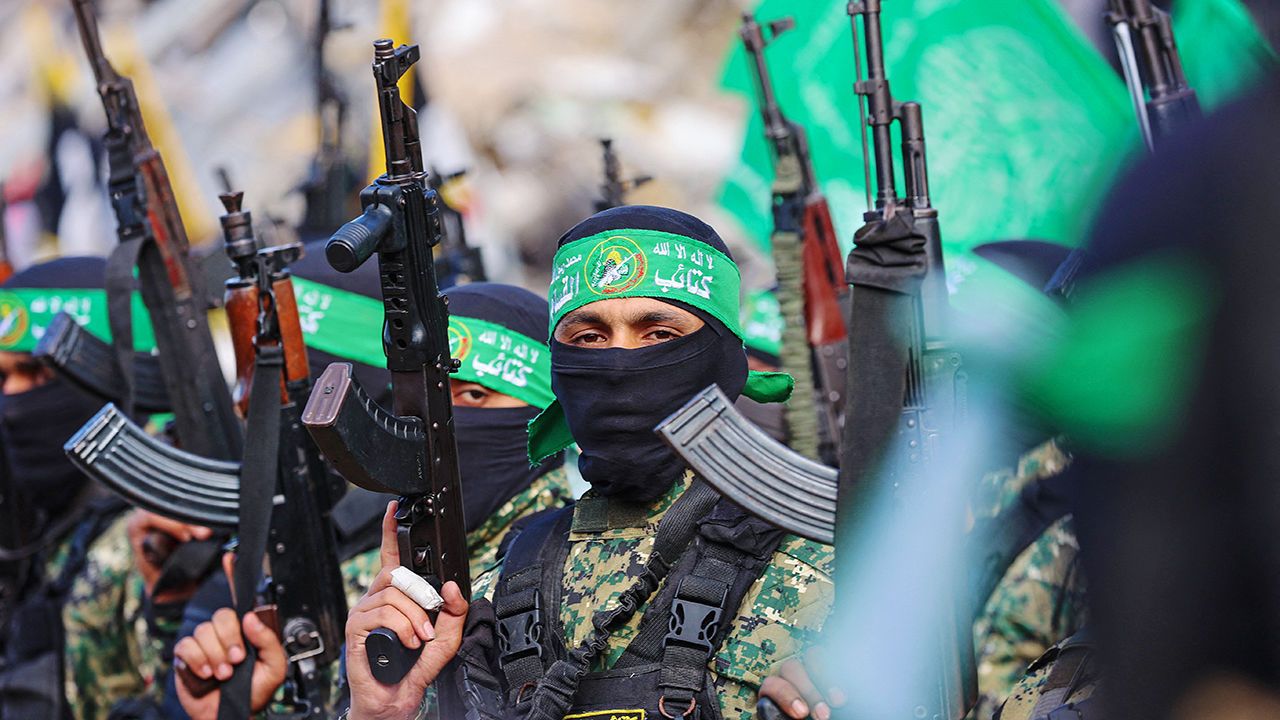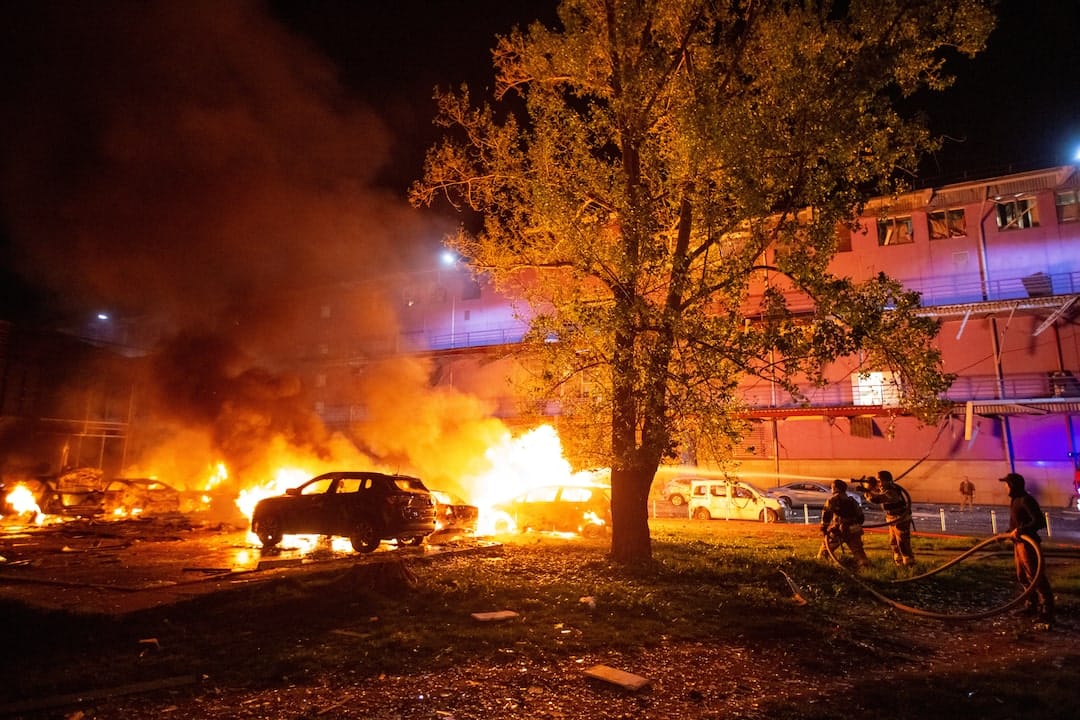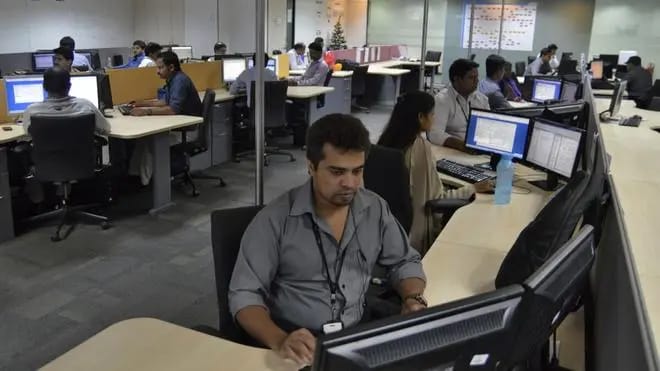
Hamas has vehemently rejected accusations from the United States that it is planning an “imminent attack” targeting civilians within the Gaza Strip, a claim that has further intensified an already volatile situation in the besieged Palestinian enclave. The denial, issued by Hamas officials on Sunday, comes hot on the heels of a stark warning from Washington, which cited credible intelligence suggesting a potential escalation of hostilities. This exchange has not only fueled fears among Gaza’s already vulnerable population but also sent ripples of concern across the international community, highlighting the persistent fragility of peace in the wider Middle East.
US Warning Sparks International Alarm
The US State Department, in a strongly worded statement earlier this week, alerted its citizens and international partners to what it described as “credible information” indicating Hamas’s preparations for an imminent attack. While specific details of the alleged plot remained unverified by independent sources, the US advised heightened vigilance and urged all parties to exercise restraint, emphasizing the potential for severe humanitarian consequences. The warning was disseminated through diplomatic channels and public advisories, immediately drawing attention to the perennial tensions simmering in the region.
Hamas, the Islamist movement governing the Gaza Strip since 2007, swiftly moved to counter these allegations. Speaking to international media outlets, a senior Hamas spokesperson dismissed the US claims as “baseless fabrications” designed to “provide cover for potential Israeli aggression against the Palestinian people.” The spokesperson asserted that Hamas’s operations are solely defensive and target only military objectives, reiterating their commitment to resistance against occupation, while unequivocally denying any intent to harm civilians, whether Palestinian or otherwise. This firm denial underscores the deep mistrust that characterizes the relationship between the US and Hamas, further complicating any potential de-escalation efforts.
The timing of the US warning is particularly significant, occurring amidst ongoing international efforts to secure a durable ceasefire in the region and facilitate humanitarian aid access into Gaza. The accusation, therefore, risks undermining delicate diplomatic initiatives and could be perceived as injecting another layer of complexity into already fraught negotiations. Observers note that such claims, regardless of their veracity, invariably contribute to a climate of suspicion and could potentially be exploited by various actors to justify further military actions.
Gaza’s Humanitarian Crisis and Geopolitical Implications
The Gaza Strip, home to over two million Palestinians, has been under a strict blockade for more than 15 years, leading to a profound humanitarian crisis characterized by widespread poverty, high unemployment, and dilapidated infrastructure. The constant threat of conflict exacerbates these conditions, placing immense psychological and physical strain on its inhabitants. UN agencies and numerous international NGOs have consistently warned about the dire living conditions, underscoring that any further military escalation would be catastrophic for a population already teetering on the brink.
Expert analysis suggests that the US claims and Hamas’s denial are part of a larger geopolitical chess game, where information warfare plays a crucial role. Dr. Alistair Finch, a Middle East policy analyst at the Global Institute for Strategic Studies, commented, “Accusations of this nature, whether true or not, serve multiple purposes. For the US, it signals its intelligence capabilities and potentially pre-empts or delegitimizes future actions. For Hamas, the denial is crucial for maintaining its narrative of resistance and avoiding international condemnation, especially concerning civilian casualties.” He added that such exchanges often contribute to a cycle of reciprocal accusations that obscure the path to meaningful dialogue.
Reactions from other global powers have been varied. Several European Union nations have expressed deep concern over the escalating rhetoric, calling for calm and urging all parties to prioritize the protection of civilians and adhere to international humanitarian law. Others, particularly in the Arab world, have largely echoed Hamas’s skepticism, viewing the US claims through the lens of traditional alliances and existing geopolitical fault lines. The United Nations Secretary-General’s office also issued a general statement appealing for de-escalation and reminding all actors of their obligations under international law to protect civilians.
The implications of these claims extend beyond the immediate risk of conflict. They further polarize an already divided international community, making consensus on long-term peace solutions even harder to achieve. The humanitarian aid corridor, a lifeline for Gaza, could also face additional disruptions if security concerns escalate, exacerbating an already dire situation for millions of civilians dependent on external assistance.
A Path Forward Amidst Persistent Tensions
As the international community grapples with the conflicting narratives, the immediate focus remains on preventing any tangible escalation that would invariably lead to more civilian suffering. The US claims and Hamas’s subsequent denial underscore the persistent state of distrust and hostility that defines the Israeli-Palestinian conflict. This incident serves as a stark reminder of the fragile security environment in the Gaza Strip and the broader region, where accusations and counter-accusations can quickly ignite larger conflagrations.
The global significance of this development cannot be overstated. Any major escalation in Gaza has the potential to destabilize the entire Middle East, drawing in regional and international actors and diverting resources and attention from other pressing global challenges. Continued diplomatic engagement, transparent communication, and an unwavering commitment to protecting civilian lives remain paramount. The coming weeks will be critical in determining whether this latest verbal skirmish dissipates or further fuels the perpetual cycle of violence in a region desperately in need of enduring peace.







